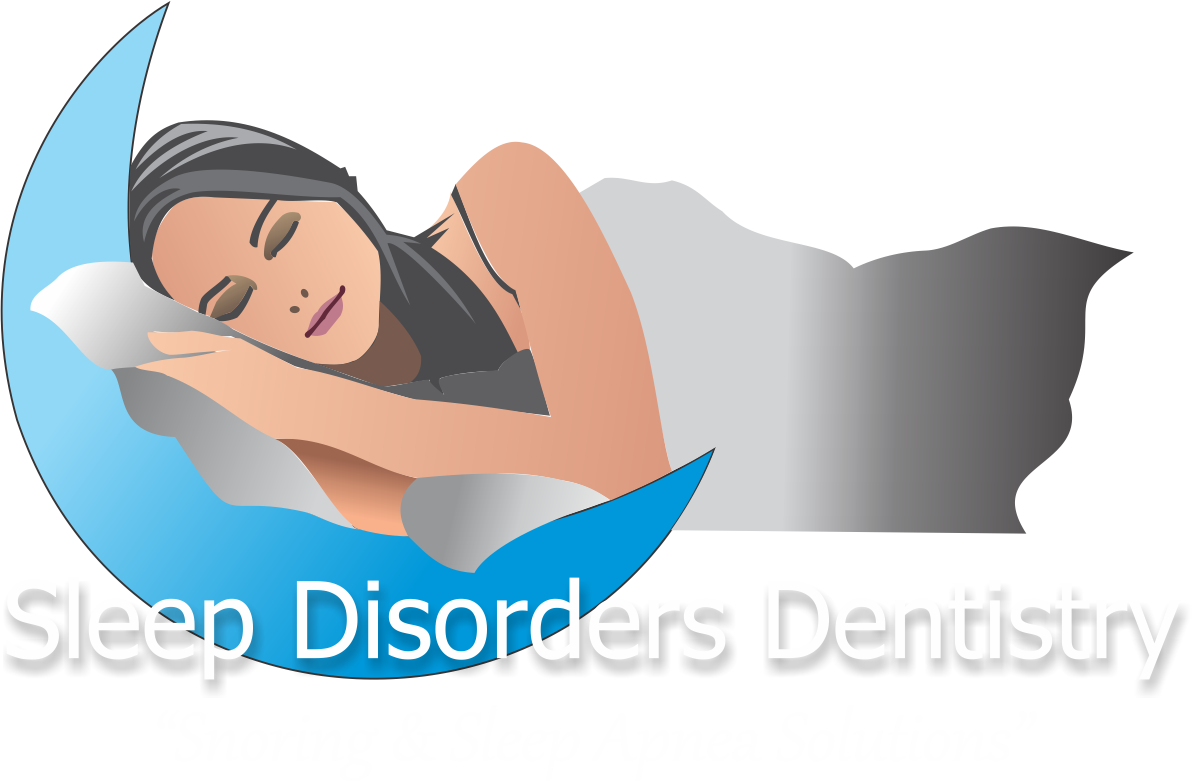Weight and Sleep Apnea
As a lifestyle choice, reducing excess weight can be one of the most beneficial changes an individual with Sleep Apnea can make. Studies relate severity of Sleep Apnea, Cardiac problems and nocturnal blood oxygen desaturation with obesity. In a study (VALENCIA-FLORES et al. Obes Res) designed to determine the prevalence of Sleep Apnea in obese patients and its relationship with cardiac arrhythmias, ninety-eight percent of the patients had Sleep Apnea, and 33% had Severe Sleep Apnea with severe blood oxygen desaturation. Cardiac abnormalities were present in 31% of the patients and were associated with both Apnea Severity and oxygen desaturation. The authors concluded that there is a high prevalence of Sleep Apnea in obese patients and that the risk for cardiac arrhythmias and blood oxygen desaturation increases with Apnea Severity.
A reduction in body weight through diet or exercise has long been associated with a reduction in the severity of Snoring and Apnea. Regular exercise and achieving an ideal body weight should always be a component of the initial therapy for these disorders. A recent study indicates that even a very modest level of regular exercise can lead to improvement in the severity of sleep apnea.
In a study designed to determine if physical exercise in sleep apnea patients is safe and/or influences Apnea Severity Giebelhaus et al (Sleep and Breathing); 11 moderate to severe apnea patients began a six-month supervised exercise program involving 2 hours of exercise twice a week. A sleep study was conducted without CPAP both before and after this exercise program. The results of the regular exercise program demonstrated no adverse effects. There was no significant change in body weight, blood oxygen saturation or fitness level. No adverse cardio-pulmonary effects were observed. However, there was a decrease in Apnea Severity from 32.8 to 23.6 (p<0.05), without any significant changes in total sleep time or sleep architecture.
The authors concluded that a prescription for mild to moderate exercise is safe in the management of sleep apnea, and that even in the absence of an improvement in fitness, a meaningful decrease in Apnea was experienced without a change in sleep architecture.
Airway Orthotic Therapy has been demonstrated to be effective at all levels of Apnea Severity. However, studies have demonstrated that the % success rate is considerably higher at lower levels of severity. A regular exercise program could reduce a patient’s severity and increase the likelihood of success with an Airway Orthotic.
Regular modest exercise, even in the absence of an improvement in the level of fitness, can reduce Apnea Severity and increase the likelihood of success with an Airway Orthotic.
